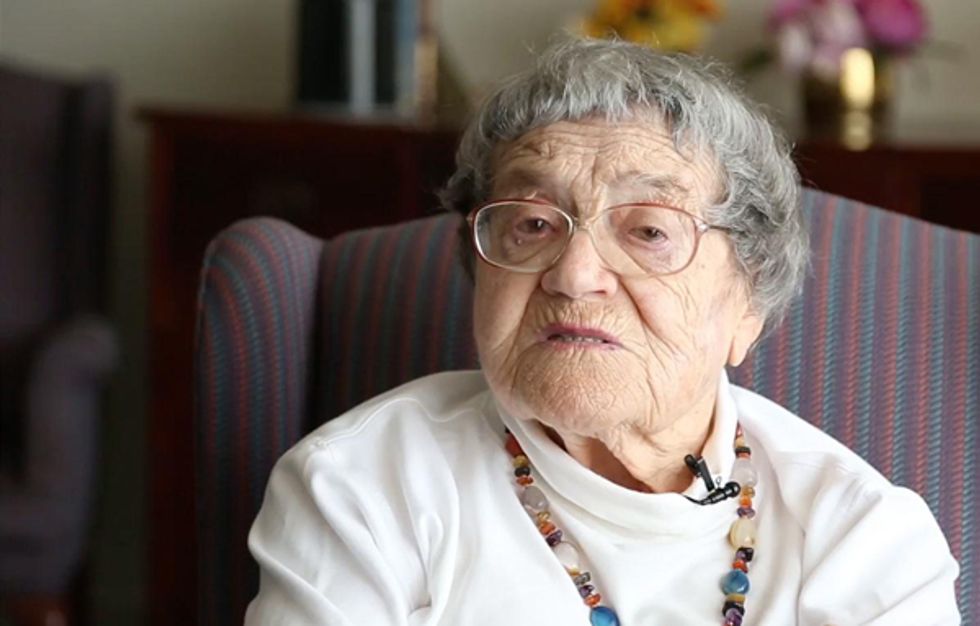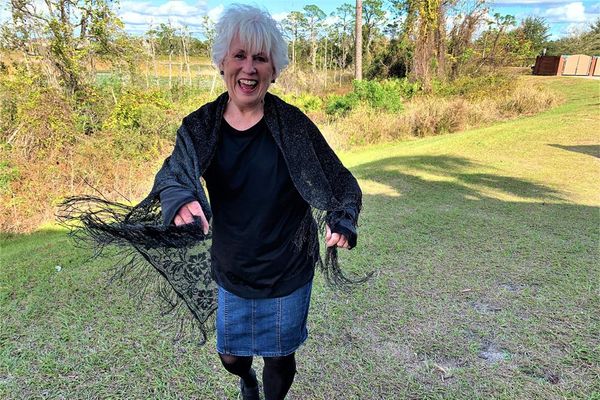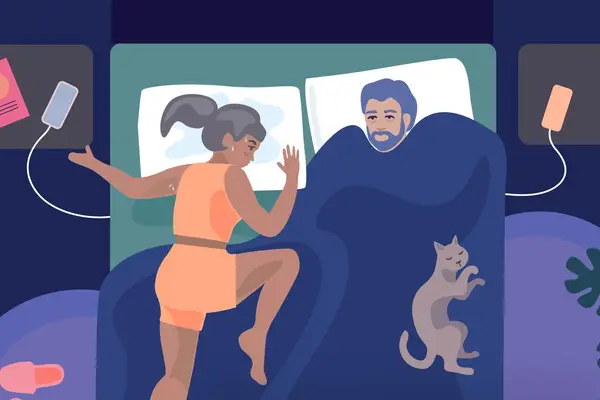As the saying goes, old age ain't no place for sissies. As young people, we just brushed it off. But as we get older, we begin to understand the many implications of that statement.
It takes courage to make the often tough decisions about our health and health choices and how we want to prepare for the future. What we took for granted when younger, no longer stands up as we get older.
This is not a blog about the aging process in general. It is about the risky and cowardly choices we sometimes make when it comes to medications.
It is much easier to accept a prescription then to do the hard work of researching what taking a medicine may mean and whether it is really worth it.
Successful aging occurs when people find the strength and courage to not fall into the "more must mean more" medication trap. Adding medication to treat each symptom or ailment that arises does far more to compromise our aging than most other things we do.
There are other crucial components to aging well, such as exercise and eating well, but limiting our medications to those that matter is third on my list of important things to remember as we age.
I read a recent article from Dr. Ezekiel Emanuel titled, "It's Quality of Life, not Quantity of Life, That Matters." Dr. Emmanuel is vice provost of global initiatives and chair of the department of medical ethics and health policy at the University of Pennsylvania.
As a trustee at the University of Pennsylvania, I heard him speak about his philosophy of aging a number of years ago. He repeated his message in this 2019 article: "Once I have lived to 75, my approach to my health care will completely change. I won't actively end my life. But I won't try to prolong it, either." He then went on to discuss that at age 75 he will stop testing and taking medications to prevent disease or prolong his life.
Although I agree with Dr. Emanuel that quality of life trumps quantity of life, I would not choose to set a specific date to stop preventive testing and preventive medications as he would.
But the question I will continue to ask as I age is: How best can I achieve the highest quality for my life at this time? I firmly believe that part of the answer is to limit all unnecessary medications and treatments. And perhaps the biggest part of assuring high quality of life is a high-quality state of mind.
As Flossie Lewis, the 91-year-old video sensation says: "Getting old is a state of mind. Accepting the fact that the body is going to go, but the personality doesn't have to go. And the thing that is the hardest to admit is that character doesn't have to go."
Credit: PBS News Hour
As I watched Flossie's video, I was engaged and inspired. Without knowing for certain, I immediately thought that Flossie must be a great example of medication minimalism. l kept thinking, surely Flossie is not taking a ton of medications. Otherwise she wouldn't be so alert, sharp, wise and in control. She reminded me of countless seniors I have cared for over the years.
Older adults can be so strong and wise. Too often we think of them only as frail and vulnerable. The addition of even one or two over-the-counter or prescription medications that have sedating properties can be enough to tip someone from functioning well to needing help. And all too many older adults add medications that cause their strength to ebb and their mental focus to dull.
This blog focuses on the dangers of taking too many medications and what you can do to help a loved one simplify their medications and treat what matters. But, whether or not you are caring for an older parent or loved one, you can benefit from the message. Less is generally more when it comes to taking medication at any time, but especially as we age.
People don't suddenly end up on 6 to 10 medications overnight.
Polypharmacy is a gradual process, a slippery slope, worsened by the prescribing cascade I have described in previous blog posts. Suddenly you are on a lot of meds and not sure what to do about it.
If you are tempted to take a prescription medication to treat a newly diagnosed condition or to treat a risk factor for a condition (such as high cholesterol), review all the evidence first.
Ask yourself: Will this help me more than potentially harm? Are there other ways I can treat the condition that would avoid taking medication?
All too often we want to take the easy way out. It is human nature, but is it good for us?
I talked about this path of least resistance previously with statins. There is no question that statins will lower your damaging low-density lipoprotein cholesterol even if you don't change your diet or exercise routine. But a change in diet and lifestyle will do even more to improve your health overall including your heart healthy and blood fat profile without adding a statin.
Taking more and more medications as we age is not sustainable. Have faith in your own ability to make the changes that are lifesaving and sustainable in the long run.
Even if you have a number of medical conditions or problems that under some circumstances would prompt taking a pill, remember that it is the number of pills that count toward bad effects, not the good intention behind taking them.
Size up what is really important and reduce your medications to only those that are essential.
Live well through a healthy lifestyle and limit medications to those that treat what matters. That is my medication minimalism philosophy, and it should be yours too.
Marie Savard, MD, is a trusted voice on women's health, wellness and patient empowerment. She currently writes a blog called Ask Dr. Marie, where this column first appeared. Her blog focuses on the challenges of medication overload in older adults and what caregivers can do to help. Dr. Savard is a former ABC News Medical Contributor and author of four books including her most recent, Ask Dr Marie: What Women Must Know about Hormones, Libido, and the Medical Problems No One Talks About. She lives in Philadelphia with her physician husband and has three grown sons.








